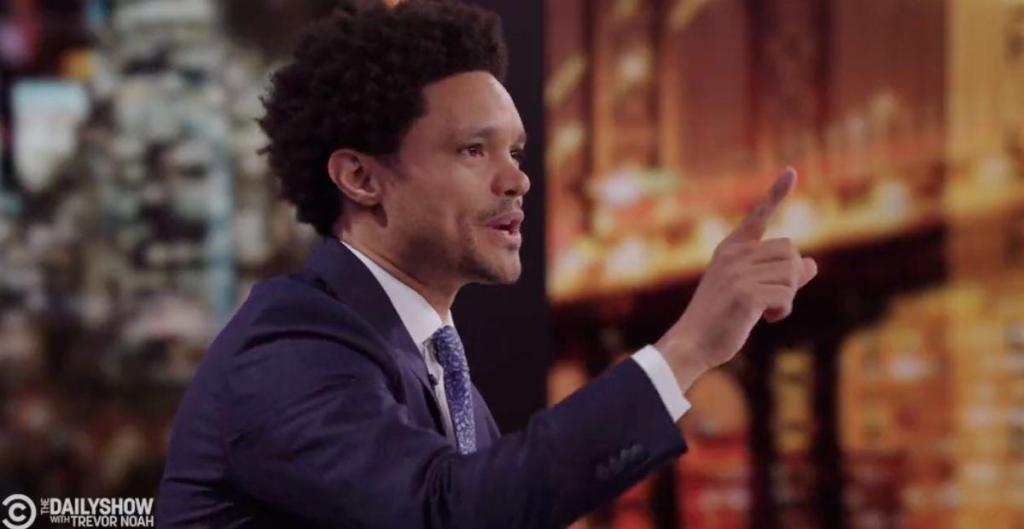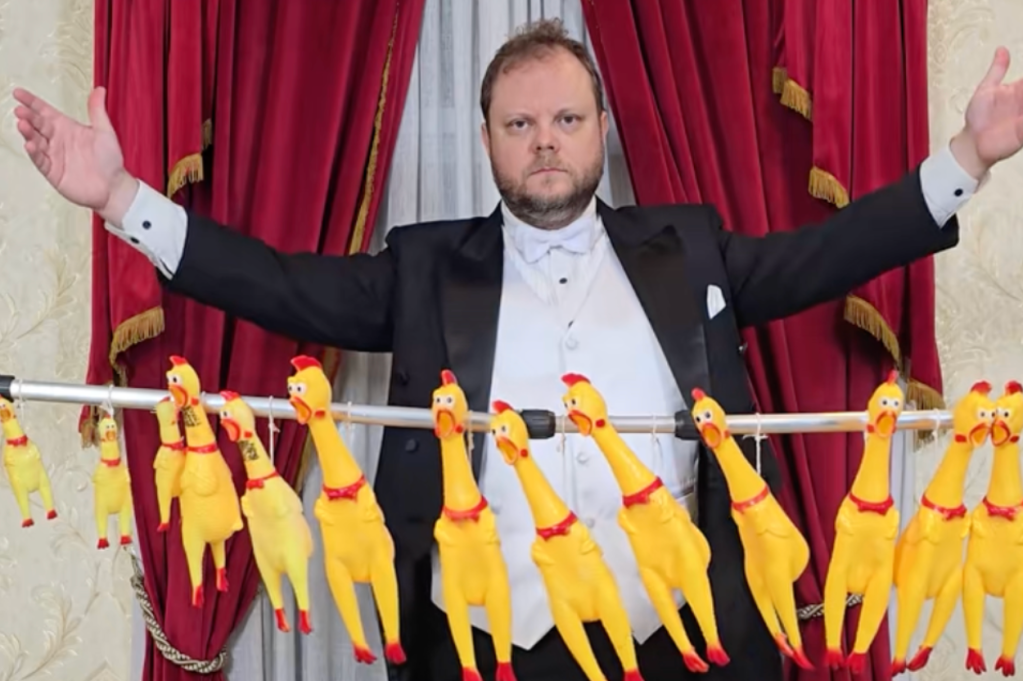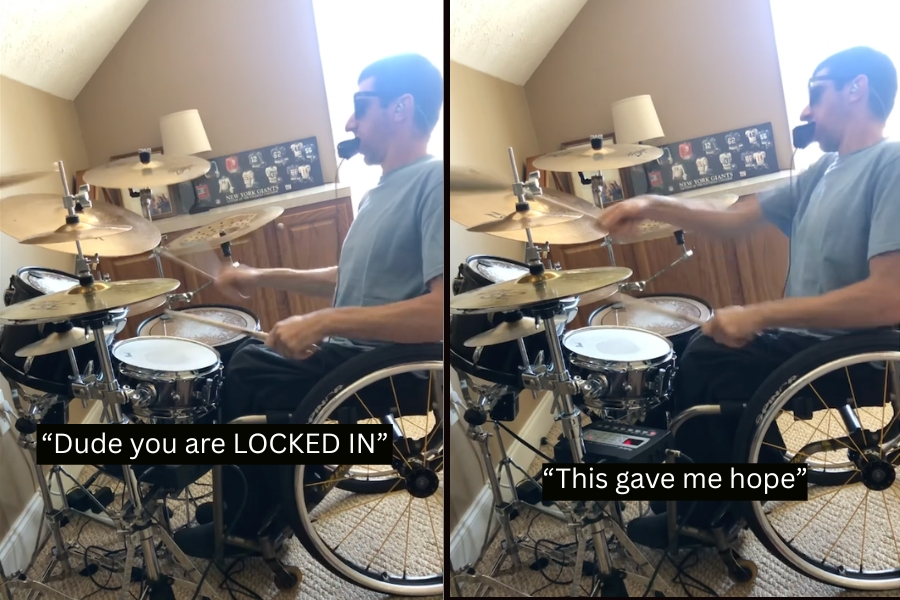In the era of the mega-billionaire, much has been made of how such gargantuan wealth is built and what kind of taxes on wealth are fair and unfair.
The intricacies of economics can make such questions a bit tricky both practically and ethically, but there’s no question that billionaires get enormous tax breaks through loopholes in our tax system and through straight-up tax legislation favoring the wealthy.
For the average American who will never see so much as one percent of a billion dollars in our entire lifetime, wrapping our minds around the financial workings of extreme wealth is like trying to learn another language. The whole “here’s how much money I earn, here’s what I can write off, here’s what I pay in taxes” thing is pretty straightforward, but not how the uber-rich life works. Wealth doesn’t equal money in uber-rich-land—except when it does.
In a Between the Scenes moment from a 2022 episode of “The Daily Show,” Trevor Noah highlighted the weird way billionaire wealth sometimes counts as money and sometimes doesn’t in a segment on The Daily Show. In his signature funny-but-smart way, Noah broke down the hypocrisy of billionaires being able to treat their stock shares as money when it comes to buying businesses, but not when it comes to paying taxes.
“I’m by no means an economist, nor am I an expert on stock markets and all things finance-related, but you have to admit, a lot of what happens on Wall Street seems like a scam,” he began.
He talked about how the stock market went up one day because of what Chair of the Federal Reserve Jerome Powell said about raising interest rates, then plummeted the next day because of people misinterpreting what he said.
“First of all, how does that happen?” he asked. “How are markets changing because somebody didn’t read something or understand—and all of you at the same time? And secondly, why do markets do that?”
He said the nature of stock markets going up and down feels “scammy,” and somehow we’re supposed to be convinced that the stock market is good for us.
“I get it for people’s retirements, and I get it for 401Ks and I understand those aspects of it,” he said. “But I’ve realized there are so many things that are designed in such a slick, scammy way.”
He gave Elon Musk’s pending purchase of Twitter as an example.
“People argue that you cannot tax billionaires on the shares that they hold in a company because it is an ‘unrealized gain,” he said. Then he explained that he understands that argument because the shares haven’t been sold, so there’s no actual money in hand. “So you’re worth the money, but you don’t have the money…and it could also crash, and then you have nothing, so we can’t tax you on it.”
“You can’t tax the people on a thing because they don’t have it, it’s just there,” he says. “Okay fine.”
Then he talked about Elon Musk’s offer to buy Twitter, in which Musk put up his shares of Tesla stock as collateral. Noah explained how using his Tesla stock as collateral to get banks and investors to put up the cash for him to borrow to buy Twitter.
“So you can buy a thing based on what you have, yes. But when we want to tax you, you can say ‘I don’t have it,’” said Noah. “It’s such a fun game that billionaires get to play because all their money is in that.”
Noah points out how we can’t fudge around with the IRS due to where our money is located. “You can’t be like, ‘That money’s in the bank, I don’t have that money. What money? It’s in the bank. Only when I take it out, then you can tax me. For now, it’s in the bank, IRS.”
That’s not something the IRS would accept.
“But if you have billions in shares, you can then use that as money, to then get more money, but not get taxed on any money, because you ‘don’t have money.’”
Noah said he’s not suggesting that we tax people on unrealized gains.
“But I am saying, it seems to me that you then shouldn’t be able to use a thing that’s unrealized as collateral,” he said.
That last point is worth restating. Noah isn’t saying that billionaire wealth in the form of stock shares should be taxed like liquid money. He’s questioning whether people should be able to use their untaxed wealth as collateral to get liquid money loans to avoid having to liquidate their own wealth (which they would then have to pay taxes on).
Food for thought. Watch:
This article originally appeared on 5.10.22


























